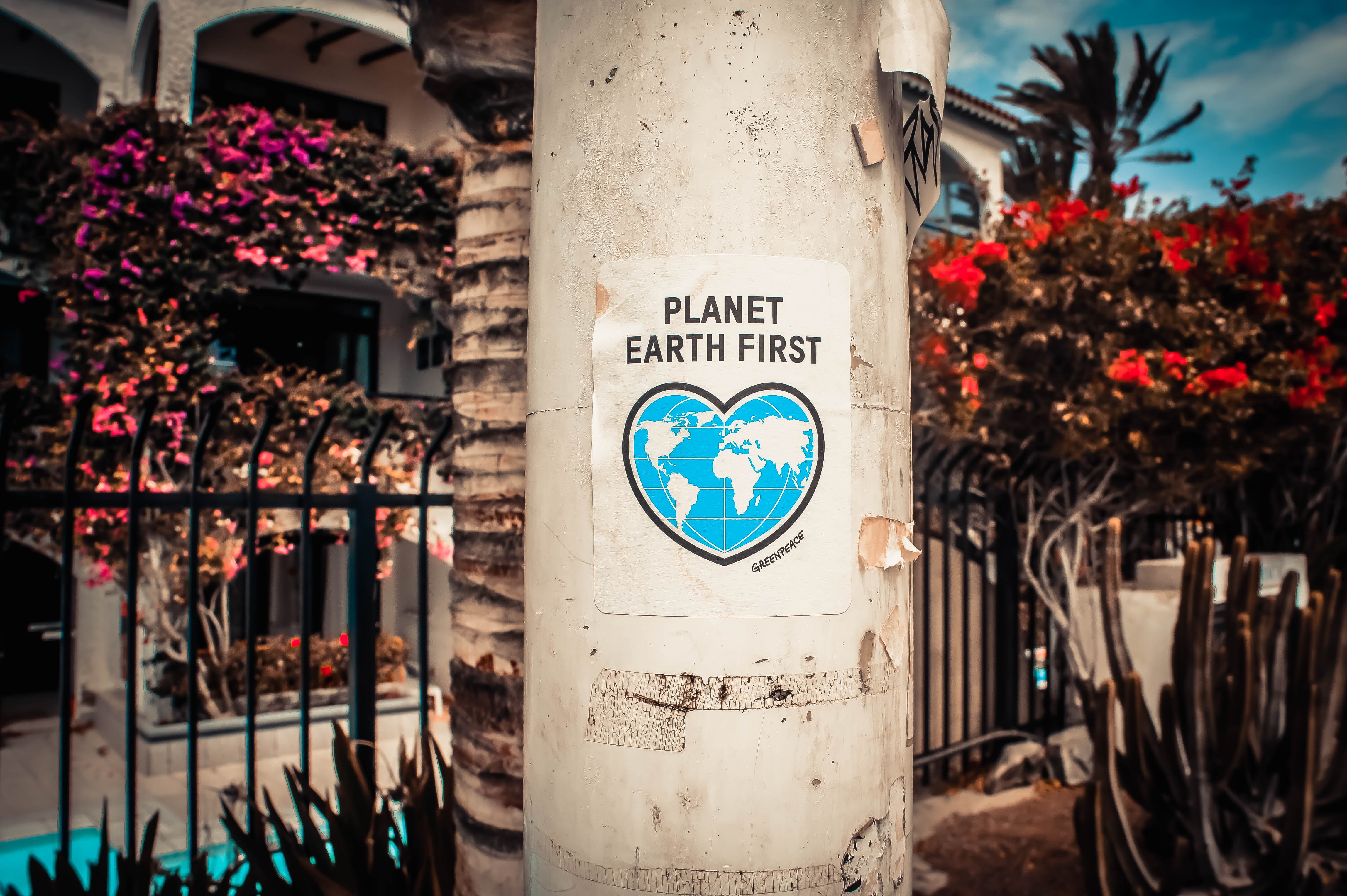Environmental laws play a pivotal role in addressing the urgent global challenges of sustainability and climate change.
In an ever-evolving world with increasing concerns about the environment and sustainability, staying informed about environmental laws and regulations is essential for individuals and businesses alike. Compliance with these laws is not only a legal requirement but also a moral responsibility to protect our planet. Every individual knows that Environmental issues have taken center stage in recent years as the world grapples with the challenges of climate change, resource depletion, and the urgent need for sustainability.
However, in order to address these pressing concerns, governments and organizations around the globe are implementing and updating environmental laws and regulations. Staying informed about these changes is crucial for individuals, businesses, and policymakers to ensure they remain in compliance and actively contribute to a more sustainable future.
This comprehensive article will provide insights into the importance of staying informed about environmental law updates and how to maintain compliance. We’ll also focus on the role of the Occupational Safety and Health Administration (OSHA) in this context, along with a discussion of a relevant OSHA article from OSHA Outreach Courses.
Understanding the Importance of Environmental Law Updates
One of the major aspects of considering the importance of environmental law is to keep updated about how to protect your planet’s natural resources, ecosystems, and overall well-being. These laws eventually cover a wide range of topics from air and water quality to waste management and hazardous materials handling.
Undoubtedly, environmental law is a critical tool in addressing environmental challenges. These laws set guidelines for pollution control, resource management, land use, and conservation efforts. A significant example of such laws can be taken from OSHA Asbestos Standards are, respectively, 29 CFR 1926.1101 – Asbestos Construction Standard and 29 CFR 1910.1001 – Asbestos General Industry Standard to minimize asbestos exposure to the environment and prevent severe health problems including lung cancer, mesothelioma, and asbestosis. They aim to strike a balance between economic development and environmental protection, ensuring a sustainable future for generations to come.
However, given the dynamic nature of environmental issues and scientific advancements, these laws are constantly evolving. Staying informed about these updates is crucial for several reasons:
Legal Compliance
Environmental laws are binding, and ignorance is not an excuse for non-compliance. Violating these regulations can lead to fines, legal action, and damage to a company’s reputation. Staying informed helps individuals and businesses avoid costly legal consequences.
Environmental Responsibility
Staying informed about environmental laws is part of being a responsible global citizen. It allows individuals and organizations to make informed decisions that benefit the planet and its inhabitants.
Risk Mitigation
Understanding environmental regulations is essential for assessing and mitigating potential risks. This is particularly crucial for businesses that rely on natural resources, and energy, or have a significant environmental footprint.
Competitive Advantage
Companies that proactively embrace environmental regulations can gain a competitive advantage. They can attract environmentally conscious customers, reduce operational costs through efficiency improvements, and access government incentives for sustainable practices.
Sustainable Resource Management
These laws govern the use of natural resources, including forestry, fisheries, and mineral extraction. They seek to prevent overexploitation and ensure responsible management.
Land Use and Planning
Environmental regulations dictate land use policies, zoning, and urban planning to prevent habitat destruction and minimize the environmental impact of development projects.
Climate Change Mitigation

With the increasing threat of climate change, many nations are enacting laws to reduce greenhouse gas emissions and promote renewable energy sources.
Liability and Enforcement
Environmental laws establish the responsibilities of individuals, businesses, and governments in addressing environmental issues. They also prescribe penalties for non-compliance
Tips to Stay Informed About Environmental Law
Keeping up with environmental law updates can be a challenging task, but there are several effective strategies to help individuals and businesses stay informed:
- Government Websites and Publications
Government agencies responsible for environmental protection regularly update their websites and publish reports, guidelines, and legal documents. These resources provide comprehensive information on current laws and proposed changes.
- Subscription Services
Numerous subscription-based services and newsletters are dedicated to tracking environmental legislation and providing updates. These services often include expert analysis and interpretation of new laws.
- Legal Counsel
For businesses, seeking legal counsel specializing in environmental law is invaluable. Attorneys can provide legal advice, assess compliance, and ensure that businesses are aligned with the latest regulations.
- Professional Associations
Many industries have professional associations that keep their members informed about relevant environmental regulations. Joining such associations can provide access to the latest information and best practices.
- Educational Seminars and Workshops
Attending seminars, workshops, and conferences on environmental law can be a great way to stay informed while networking with experts and peers.
- Environmental Consultants
Environmental consultants are professionals who specialize in helping businesses comply with environmental laws and regulations. They offer guidance, conduct audits, and assist with compliance efforts.
- Online Resources
Websites, blogs, and forums dedicated to environmental law and sustainability can be valuable sources of information and discussions. However, be cautious about the credibility and accuracy of the sources you use.
- Government Notifications
Many governments offer notification services that allow individuals and businesses to receive updates on specific environmental regulations or areas of interest.
The Role of OSHA in Environmental Compliance
The Occupational Safety and Health Administration (OSHA) plays a significant role in environmental compliance, particularly concerning workplace safety and health. OSHA is the federal agency that is responsible for ensuring that workers have safe and healthy working conditions, which often intersect with environmental concerns. Here are a few ways OSHA contributes to environmental compliance:
- Hazardous Material Handling
OSHA gives guidelines for the safe handling of hazardous materials in the workplace. These regulations are crucial for preventing environmental contamination and protecting workers’ health.
- Occupational Exposure Limits
OSHA establishes permissible exposure limits (PELs) for various substances. Complying with these limits not only protects workers but also prevents environmental pollution.
- Emergency Preparedness
OSHA mandates emergency response and preparedness to address incidents that could lead to environmental damage, such as chemical spills or leaks.
- OSHA Safety Training and Education
OSHA offers training programs and resources to educate workers and employers on environmental and safety regulations. One example of such training can be found in the OSHA Outreach programs help you to learn more about environmental laws.
Case Study: The Paris Agreement
A notable example of the importance of staying informed about environmental laws is the Paris Agreement, which aims to combat climate change and accelerate efforts to limit global warming. The agreement was adopted in 2015, and since then, signatory countries have continually revised their national climate policies to meet their goals.
For businesses operating internationally, staying informed about the evolving climate policies in various countries is essential. The Paris Agreement has led to increased regulatory requirements and incentives for reducing greenhouse gas emissions and transitioning to renewable energy sources. Companies that were proactive in understanding and aligning with these changes gained a competitive advantage, while those lagging behind faced growing regulatory and reputational risks.
To Wrap Up
Environmental laws play a pivotal role in addressing the urgent global challenges of sustainability and climate change. Staying informed about these laws is not only a legal requirement but a moral obligation and a smart business strategy. Compliance ensures that individuals and organizations are contributing to a sustainable future, while also avoiding legal and financial repercussions. With numerous resources and strategies available, staying informed about environmental law updates has never been more accessible, and it should be a top priority for anyone concerned about the environment and the planet’s future.


Join the conversation!